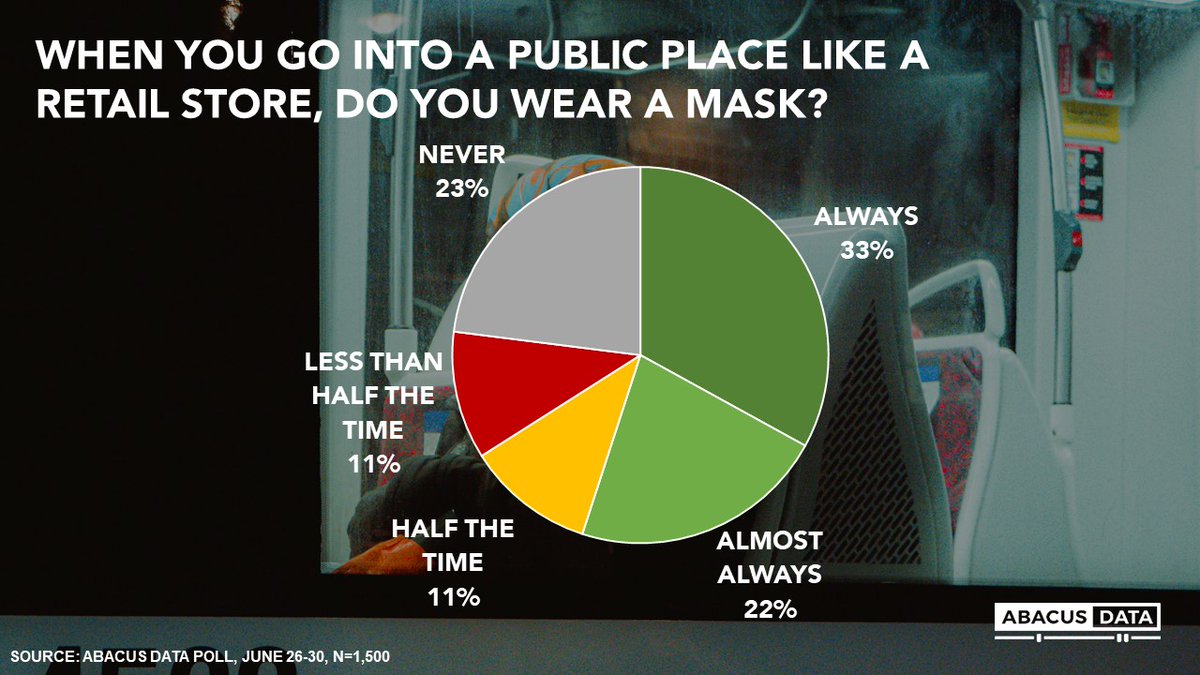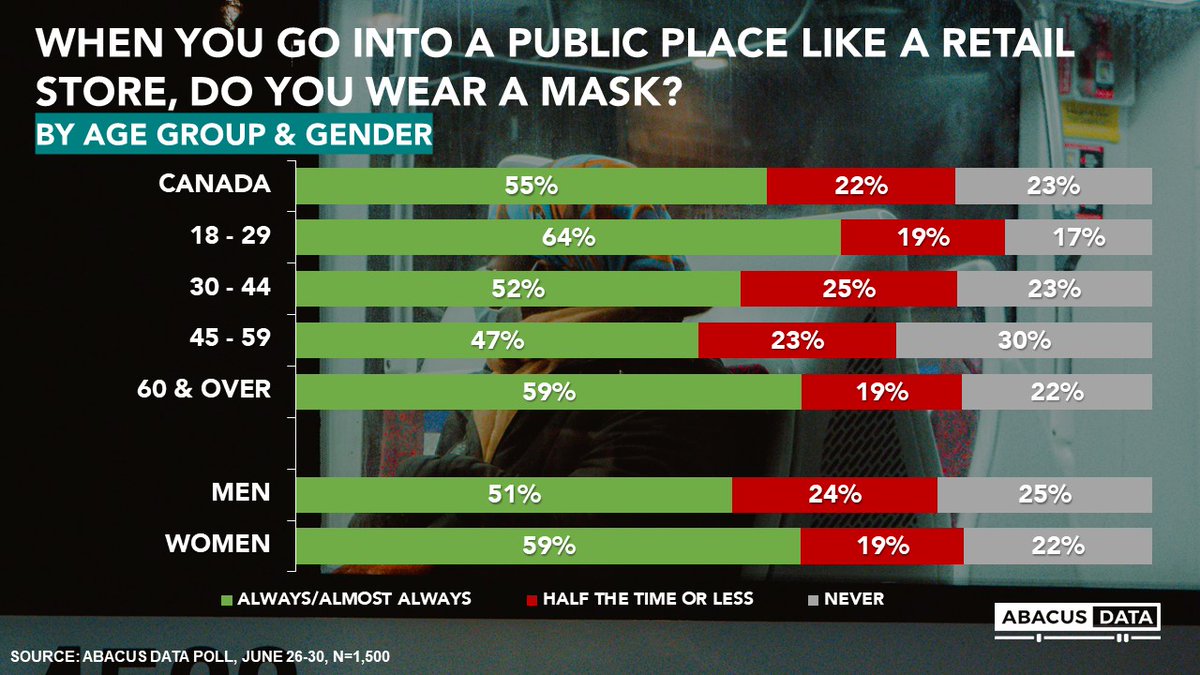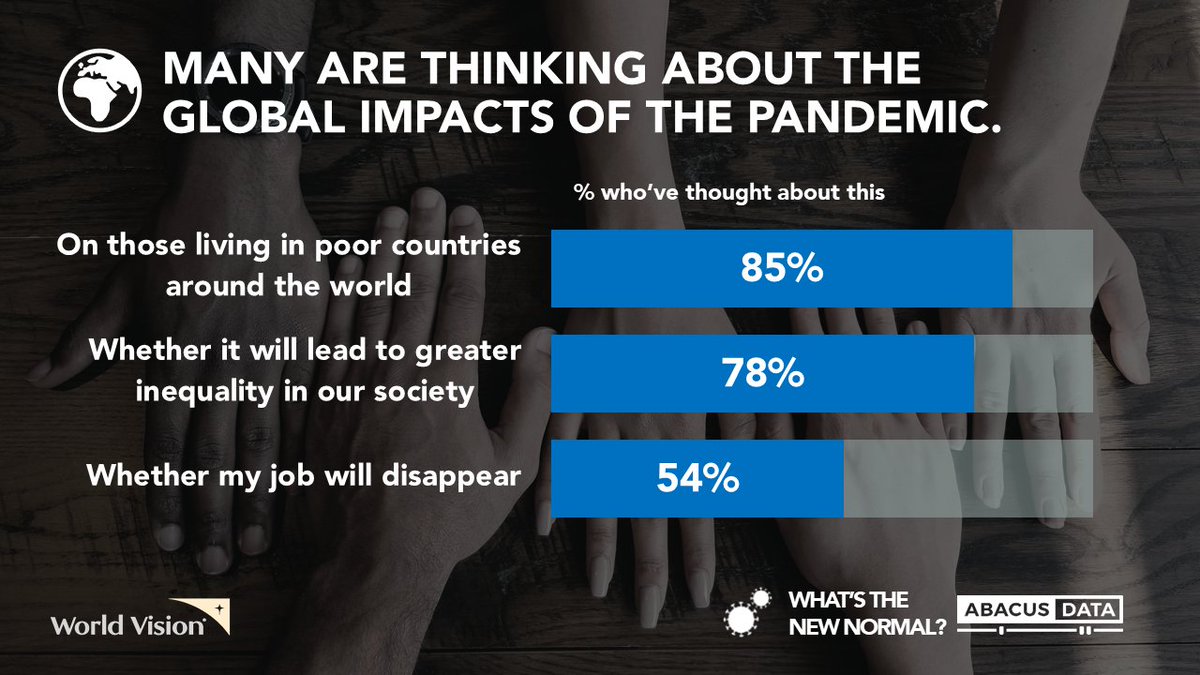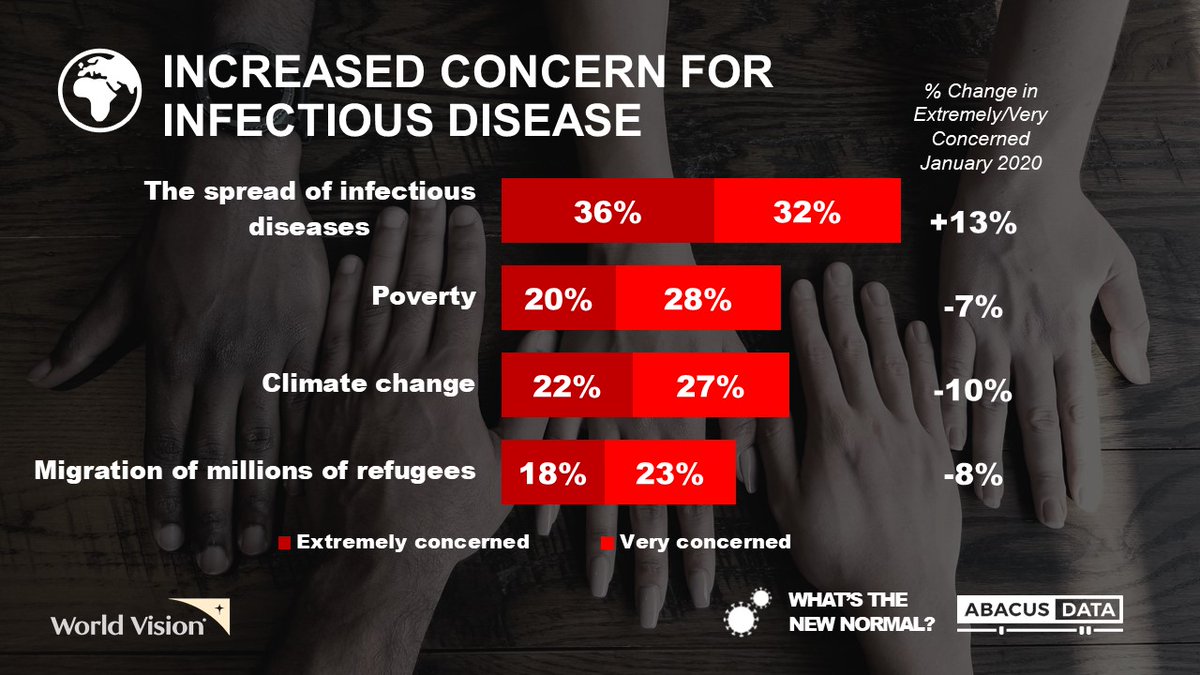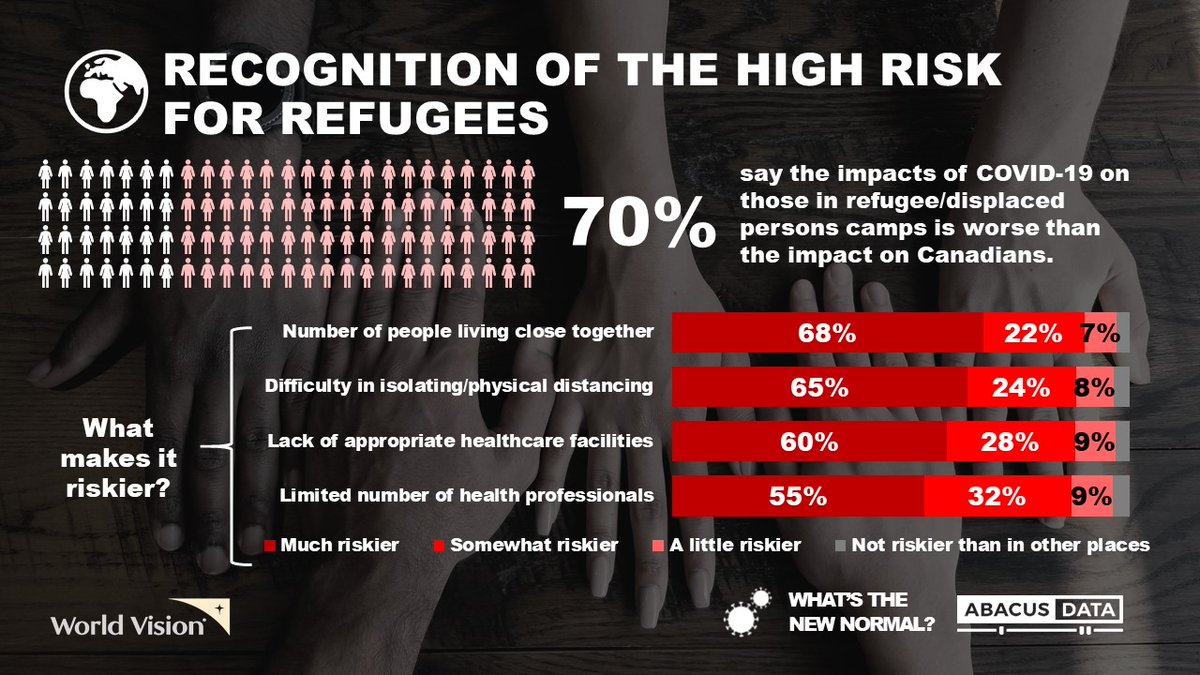
🧵Some new #cdnpoli data to tee up the #byelection in Mississauga tonight.
@abacusdataca survey conducted Dec 6 to 10, 2022 (n=2,500 with 1,000 in Alberta)
@abacusdataca survey conducted Dec 6 to 10, 2022 (n=2,500 with 1,000 in Alberta)
Perceptions about the direction of the country have hit a new low.
30% of Canadians think Canada is headed in the right direction.
30% of Canadians think Canada is headed in the right direction.

Impressions of @JustinTrudeau are fairly steady. Net favourable at -26.
Impressions of @PierrePoilievre also steady. Net favourable at -5.

Impressions of @PierrePoilievre also steady. Net favourable at -5.


Top 3 issues. Healthcare is rising, cost of living is #1, and climate change/environment is drifting down. 

Federal vote intention:
Conservatives have opened up a clear lead of 6 points nationally. They lead in BC, Alberta, SK/MB, and now Ontario.
Liberals are only ahead in Atlantic Canada.

Conservatives have opened up a clear lead of 6 points nationally. They lead in BC, Alberta, SK/MB, and now Ontario.
Liberals are only ahead in Atlantic Canada.


The environment right now is pretty good for the Conservatives. They'd likely win the most seats with these kinds of #s, and maybe even a slim majority.
On key issues, the Liberals trail CPC.
PM's favourables are as neg as they have been.
On key issues, the Liberals trail CPC.
PM's favourables are as neg as they have been.
• • •
Missing some Tweet in this thread? You can try to
force a refresh










